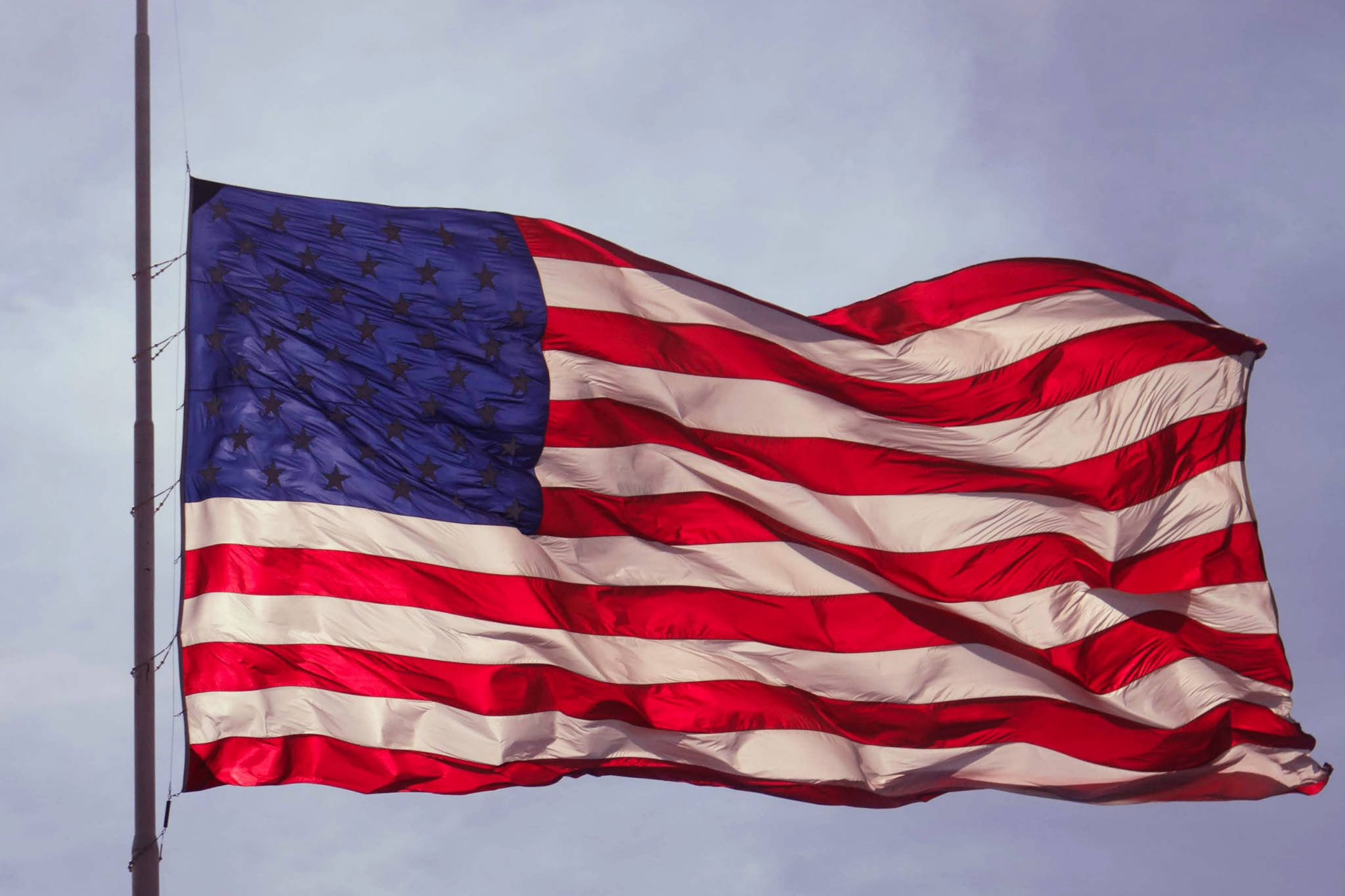By Rich Moniak
For most Americans, the mass shooting in Boulder, Colorado, on Monday did little more than interrupt an otherwise normal day. But it was very different for me. Just 15 minutes before the shooting started, I had driven through the King Sooper parking lot and past the store entrance.
I was in Boulder visiting my sister, Ginny. She and her husband live half a mile from King Sooper. It was their reaction that fundamentally altered my understanding of this horrific tragedy and others like it.
When the news of an active shooter at the store reached us, we dropped everything and began watching a livestreamed video of the scene from outside the building. Not long after the police appeared to have the suspect in custody, Ginny cried out in agony at images of victims on the ground.
Then the longer, fearful wait began.
She’s been a regular customer at that store for almost 40 years.
“Employees worked there forever,” she said. Some still ask about her 21-year-old son who they remember from the days she pushed him around the store in a cart.
Almost all of her South Boulder friends shopped there too. A Boulder police officer lives three houses down. One friend who no longer lives in the area texted Ginny that she “panicked when I heard which store it was. Praying you were not there. I was afraid to contact you.”
Thousands of Boulderites experienced the same sense of dread. For Ginny and most, the next morning brought relief that none of the 10 who were killed were family or close friends. But a powerful sense of shock and grief still hung in the air.
“The emotional impact of this tragedy will ripple through our community for months and maybe years, ” Dr. Robert Vissers of Boulder Community Health wrote. Like too many other American communities, Boulder was one “where these things don’t happen, until it did happen.”
Now it’s their turn to watch in disbelief our government’s dance of impotence that never gets past expressions of thoughts and prayers.
Sen. Ted Cruz, R-Texas, isn’t apologetic about offering them.
“Every time there’s a shooting, we play this ridiculous theater,” he said. The Senate Judiciary Committee “gets together and proposes a bunch of laws that would do nothing to stop these murders.”
It’s true they can’t all be prevented. But reducing their frequency and the number of victims when they do occur should be obvious goals.
Foothills Hospital expected they’d be treating some of the victims.
“Our Emergency Department, Surgery and ICU teams mustered their resources,” Vissers said. “Surgeons left their offices and hurried to Foothills. … But the ambulances never came.”
Because, as designed, the deadly efficiency of the alleged assailant’s AR-556 ensured every one of his targets died at the scene. And the emergency medical responders “went home to work through our frustration and our anger and our sense of helplessness.”
A national ban on such weapons would be a constitutional, common-sense move in right direction. Boulderites passed their own three years ago. But a district court judge declared it invalid 10 days before the shooting.
As the CEO of a private business, the courts couldn’t stop Ed Stack from refusing to sell those weapons at Dick’s Sporting Goods stores across the country. He did that after the Parkland, Florida, school shooting in 2018. And later revealed that instead of the selling their inventory to another dealer, the company destroyed $5 million worth of them.
Following the money in another direction leads to the National Rifle Association. But even though they have an outsized influence with Congress, the real power belongs to the gun manufacturers. If Sturm, Ruger & Co. Inc. were a true “model of corporate and community responsibility,” as they claim, they’d limit sales of the Ruger and weapons like them to the military and law enforcement.
But expecting gun manufacturers to follow Stack’s model of moral courage is as unrealistic as thinking Congress will engage in a genuine debate about ways to protect Americans from these atrocities.
That’s part of the anguish Ginny expressed two days after the shooting. As “gut-wrenching as the loss of 10 lives is,” she said, she feels “so helpless” knowing “there will be another 10 and another and another” in communities across the country.
• Rich Moniak is a Juneau resident and retired civil engineer with more than 25 years of experience working in the public sector. Columns, My Turns and Letters to the Editor represent the view of the author, not the view of the Juneau Empire. Have something to say? Here’s how to submit a My Turn or letter.
